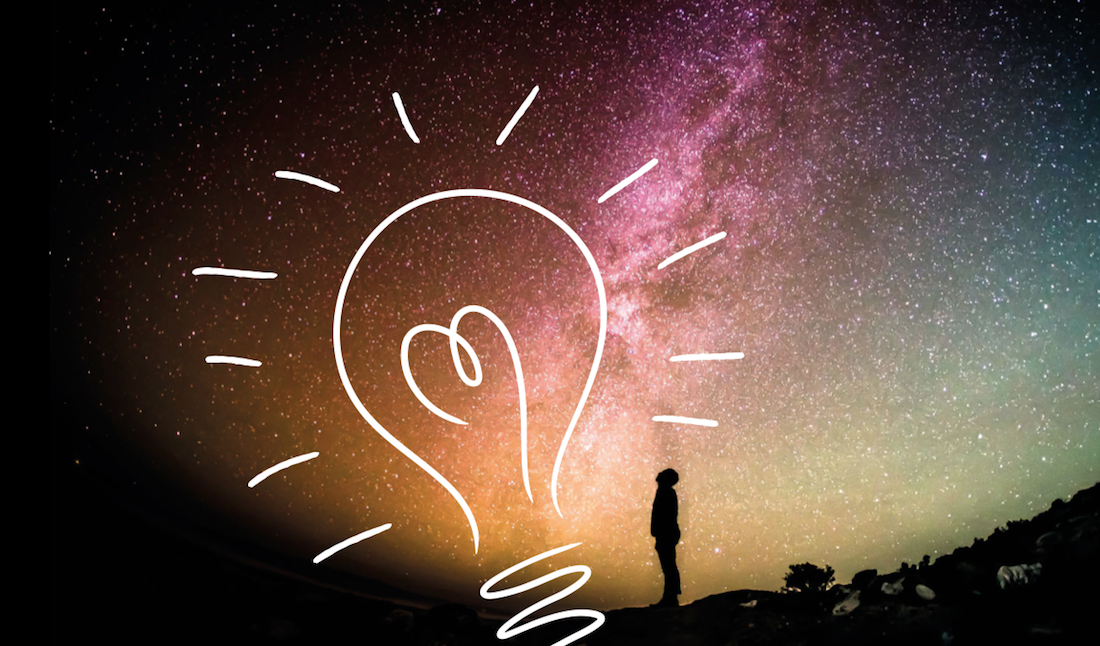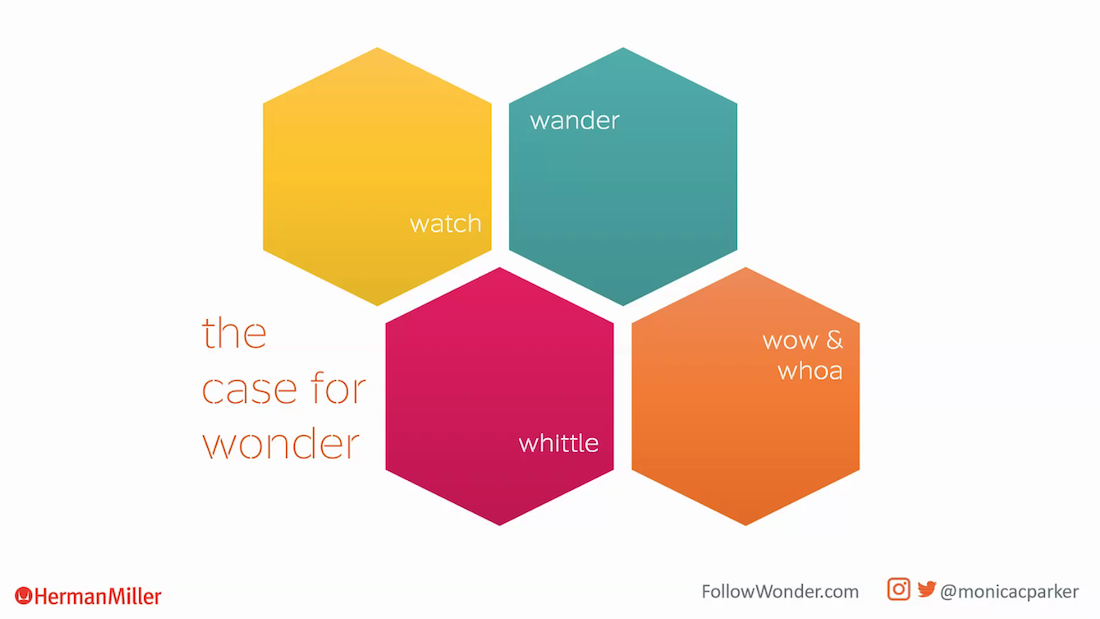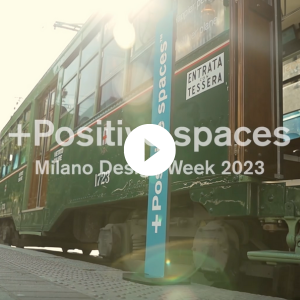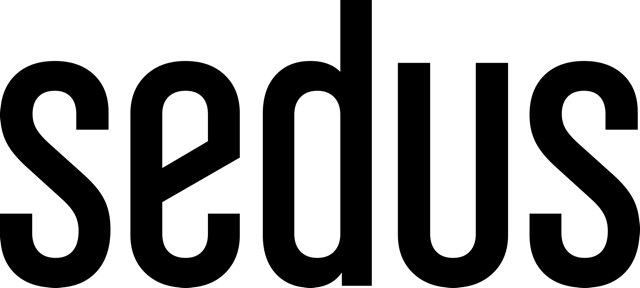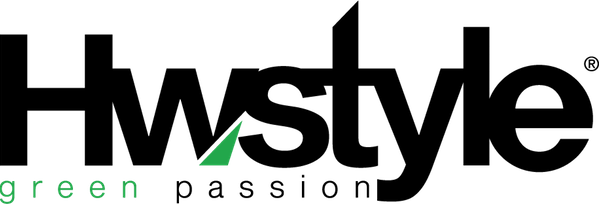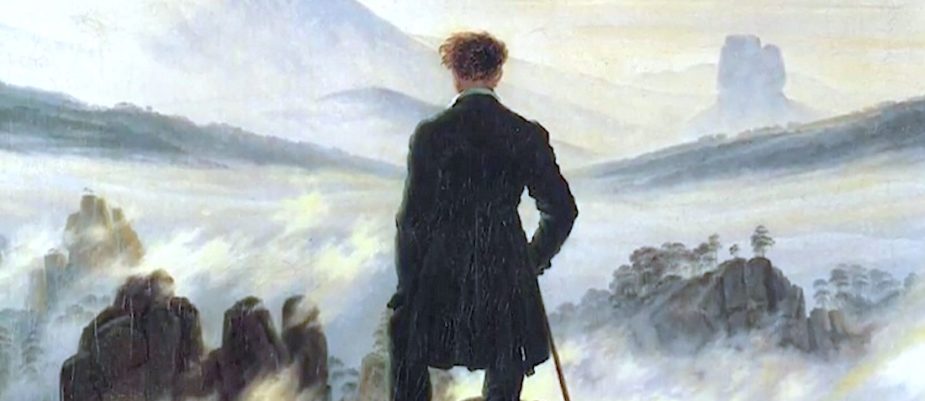
Regain the ability to wonder in order to increase one’s own resilience and ability to cope with the difficulties of the pandemic and the new ways of working. This was the message by Monica Parker, founder of HATCH and expert in design and human behaviour, at the webinar “The science of our most powerful emotion & how to use it at work” organized by Herman Miller: a WOWbinar that talked about observing, wandering, whittling and the necessary sense of wow and whoa.
What are the components of wonder? According to Monica Parker, an expert in design and human behaviour, these are basically four:
• Watch: it is the power to take a break, to see new ideas and to open up to new experiences. Be present, observe the world and take nothing for granted. Watching is the basis of curiosity, and curiosity changes the chemistry of our brain: when we are interested in something, the hypothalamus produces dopamine, and, when we learn the answer, the hippocampus is activated, stowing what we have learnt of it in our long-term memory. Curiosity towards something is therefore one of the best ways to remember. And curiosity is only stimulated if we leave the “productivity porn” in which we are immersed, that is, that complex of always being seen productive and busy and the compulsive need to always show it through social media. Something like: “If you don’t learn a language during the pandemic, you are nobody!”.
• Wander: it is about exploring. It is not the same curiosity that we use when we google to look for an answer. On the contrary, it is about the ability to explore the possibilities of the world. If the predictions that nowadays students on average will change 16 jobs in 5 different sectors are true, it is crucial to learn how to stimulate this sense of openness and willingness to discover.
• Whittle: it is about concentrating on details as a source of that violation of expectations our brain is hungry for. Focusing on the details, in fact, allows us to see things as always new and different. Whittling is therefore a stimulus to get out of repetition, patterns and everything that make “wondering muscle” lazy.
• Wow & Whoa: these are two fundamental ingredients of wonder: the “romantic” perception of something that makes us feel small or part of something much bigger than us (wow) and the conscious realization of this experience (whoa). However, we don’t need always something huge: even listening to music or the new taste of a food can bring this sense to our daily life.
So how can one become more wonder prone?
1. Devote a portion of each day to doing something that makes you feel the wonder. And every person is different. The advice is very simple: “What brings you wonder? Very well, then do it more!”
2. Think slow, avoid multitasking, take the time to breathe, and take a nap. A useful exercise can also be to write in a diary what amazed you during the day: “It’s a bit like stretching our wonder muscle,” assures Monica Parker.
3. Do many “wonder walks”, have the courage to break the routine and take new paths to go to work, looking for very big things or paying attention to the smallest details: in short, using a different lens to see the world.
4. Develop a strong sense of gratitude as a tool to stimulate our sense of wow, that is to feel part of something bigger.
Eventually, in a period where “we should have stopped”, but where video calls, undefined working hours, and anxiety about the future have taken away the time to wonder, the Einstein quote with which Monica Parker closed the seminar sounds good: “He who can no longer pause to wonder and stand wrapped in awe, is as good as dead: his eyes are closed”.
Text by Gabriele Masi.
